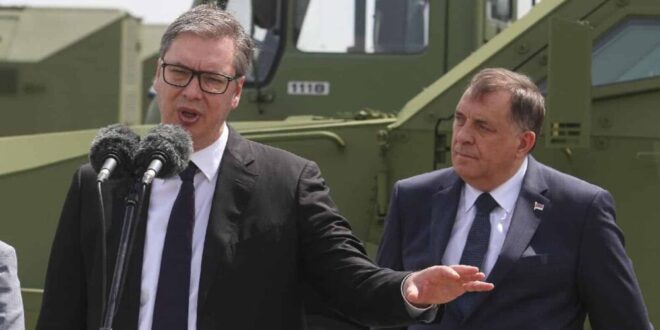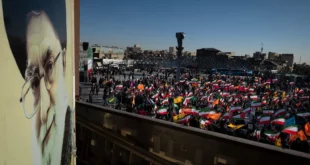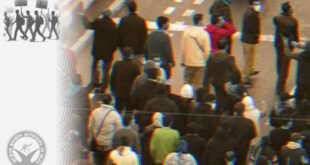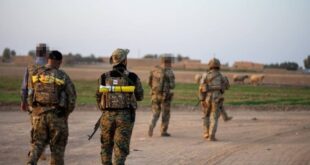“Ambitions for the formation of a Greater Serbia threaten peace in the Western Balkans. The key to peace is in Brcko District, Serbia’s Achilles Heel,” Writes Alexander Rottert in an article for the Swiss Noah Cirherze Zeitung.
“Since November 21, 1995, the term ‘Dayton’ has been denoting a special kind of diplomacy – the ‘sledgehammer method’: all participants are imprisoned until they reach an agreement. This is the ‘architect’ of the Dayton Peace Accords, Ambassador Richard Holbrooke wrote in his 1998 book My Mission. Holbrooke’s tireless diplomatic efforts, along with the NATO bombing of Serb positions, ended the nearly four-year war in Bosnia and Herzegovina,” Writes Alexander Rottert in an op-ed for Switzerland’s Noah Cirher Zeitung.
Rotert has been researching events in the former Yugoslavia since 1991. He has worked for, among others, the Otto Zur Institute (OSI) and the Eastern Europe Institute (OEI) at the Free University of Berlin, as well as for various international missions.
The author recalls that even today, almost thirty years after the end of the war, peace in the Western Balkans is not only fragile, but also in acute danger. He estimates that this has to do with the efforts of Serbian President Aleksandar Vucic to implement the project of creating a Greater Serbia, initiated by his predecessor Slobodan Milosevic.
This plan, according to Rottert, relies on Vladimir Putin’s “Russian world” and is now called the “Serbian world.” Its main protagonist is Vucic’s intelligence chief Aleksandar Vulin. Vulin, due to his loyalty to Moscow, was recently sanctioned by the United States, and that a few weeks ago, together with Bosnian Serb leader Milorad Dodik, he even took part in a “security forum” in Russia.
Dodik’s armament
Dodik is described by the author as “Belgrade’s main active outpost in the Western Balkans”. He also mentions the order of merit awarded to Putin in January as a sign of gratitude.
The text then quotes the UN Security Council Resolution of 2022, which states that “the situation in the region of the former Yugoslavia continues to pose a threat to international peace and security.”
“One of the reasons for this is Dodik’s efforts to build a parallel military force. If we look at the annual unconstitutional military parade on the occasion of the founding of Republika Srpska on January 9, it can be hinted that the number of members of these forces is already significant: then up to 2,000 heavily armed members of paramilitary groups and special police men marched, followed by a dozen armored vehicles and helicopters,” writes Alexander Rottert.
Dodik’s arming of his own paramilitary units goes hand in hand with the mass arming of the Serbian armed forces, which Aleksandar Vucic has been striving for several years.
Brcko as “Achilles’ heel”
Brcko Grad is the “Achilles’ heel” of Greater Serbian strategists, Rottert estimates, recalling that the “Serbian world” would not have been possible without Brcko’s control.
“A robustly armed international military presence in Brcko could preemptively oppose any adventure without firing a single shot. It would be important to move the units to Brcko as soon as possible. Until then, Euphor’s observation and liaison team is stationed there. Because, in the event of a declaration of independence, Dodik’s units would first take and occupy Brcko,” the author of the commentary believes.
“One thing should be clear: there have never been peaceful border movements in the Balkans. Military control of Brcko District by international forces — whether eufor or NATO, which still has a mission in BiH and is led by a US general — is a prerequisite for lasting peace in and around Bosnia in the Western Balkans. (…) This is especially true as long as secessionist and politicians working on the destruction of the state, such as Milorad Dodik, are in power. (…) With the ‘Brcko option’, the EU could achieve maximum profit with very limited investment,” concludes Alexander Rottert in an article for the Swiss Noah Cirher Zeitung.
 Eurasia Press & News
Eurasia Press & News




